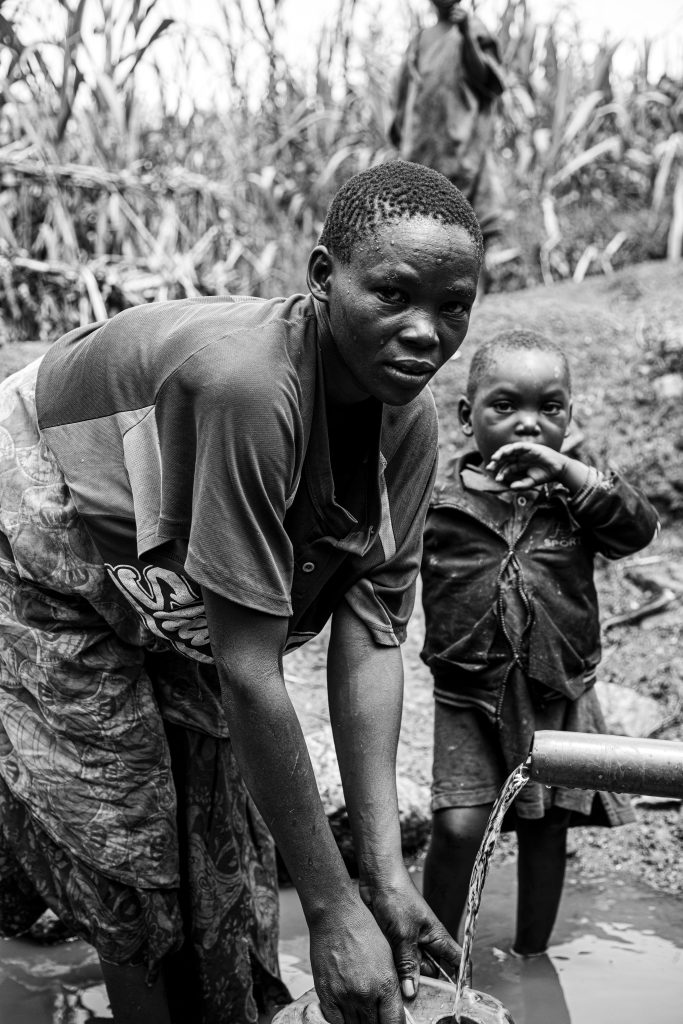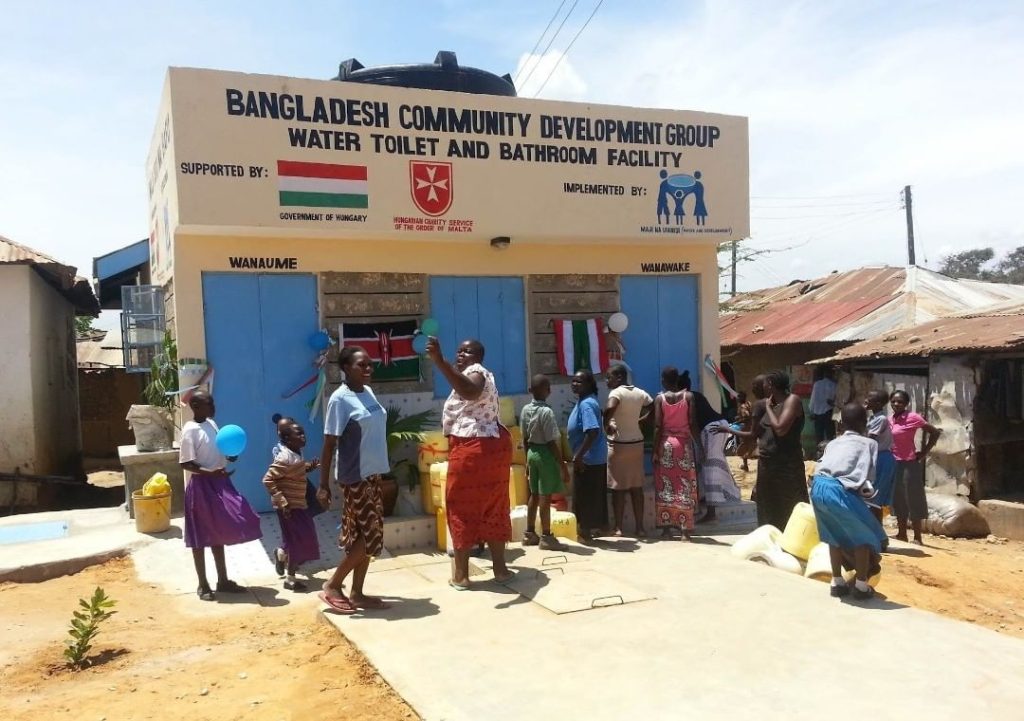In the heart of Kenya, a battle is being waged against corruption in the water sector. A recent document has shed light on the pervasive corruption hindering the sector’s development, leading to significant costs for citizens, the environment, and human development.
Kenya’s Auditor General has identified bribery as a major obstacle to the sector’s development.

Non-Revenue Water: A Silent Crisis
Non-Revenue Water, water produced but lost before reaching the customer, is a significant issue in many Kenyan counties.
This loss, largely due to commercial and governance failures, including corruption and illegal practices, leads to substantial revenue loss and the potential unsustainability of water utilities.
This crisis is not just about the water that’s lost, but also about the missed opportunities for revenue that could be used to improve and expand water services.
The document emphasizes the importance of integrity in water decision-making. The level of integrity can significantly influence the outcomes of decisions, such as who gets access to water, when, and how.
However, fragmented water institutions at both national and sub-national levels obstruct accountability in the sector, making it particularly vulnerable to corruption.
The Role of Ethics and Anti-Corruption Commission (EACC)
In the midst of this crisis, the Ethics and Anti-Corruption Commission (EACC) has been instrumental in bringing order to the water sector. The EACC’s efforts have been recognized by investors who appreciate the development of deliberative capacities and trust-building as worthwhile goals.
Tackling corruption in Kenya’s water supply services requires a holistic approach, focusing on governance reforms and particularly on developing and implementing anti-corruption strategies at the sectoral and institutional levels.
The document highlights the need for accountability in water supply services and the importance of distinguishing clearly between the roles of policy formulation, sector planning, delivery of services, and sectoral regulation.
The Impact of Corruption at the Subnational Level
Corruption at the subnational level, where water service delivery is a devolved function, directly impacts citizens, particularly the poor. It calls into question the social contract between citizens and public officials whose duty is to provide water supply services.
Recommendations and the Role of Maji na Ufanisi

The document recommends hiring staff on merit, adequate sector organization, and the inclusion of integrity and anti-corruption-related issues in the analysis of and policy responses to the water crisis.
It also notes that enforcement in the water sector still lags behind and that accountability in water utilities at all levels requires significant work.
In this fight against corruption, organizations like Maji na Ufanisi, a WASH NGO advocating for clean and affordable water for all Kenyans, play a crucial role.
With over 27 years of expertise and experience in the Water sector, Maji na Ufanisi has transformed the lives of local communities in Kenya through the development of highly successful policies, programming, and implementation of its portfolio of projects in Water, Sanitation, and Hygiene (WASH).
In conclusion, the battle against corruption in Kenya’s water sector is far from over. However, with the concerted efforts of organizations like the EACC and Maji na Ufanisi, there is hope for a future where every Kenyan has access to clean and affordable water.



